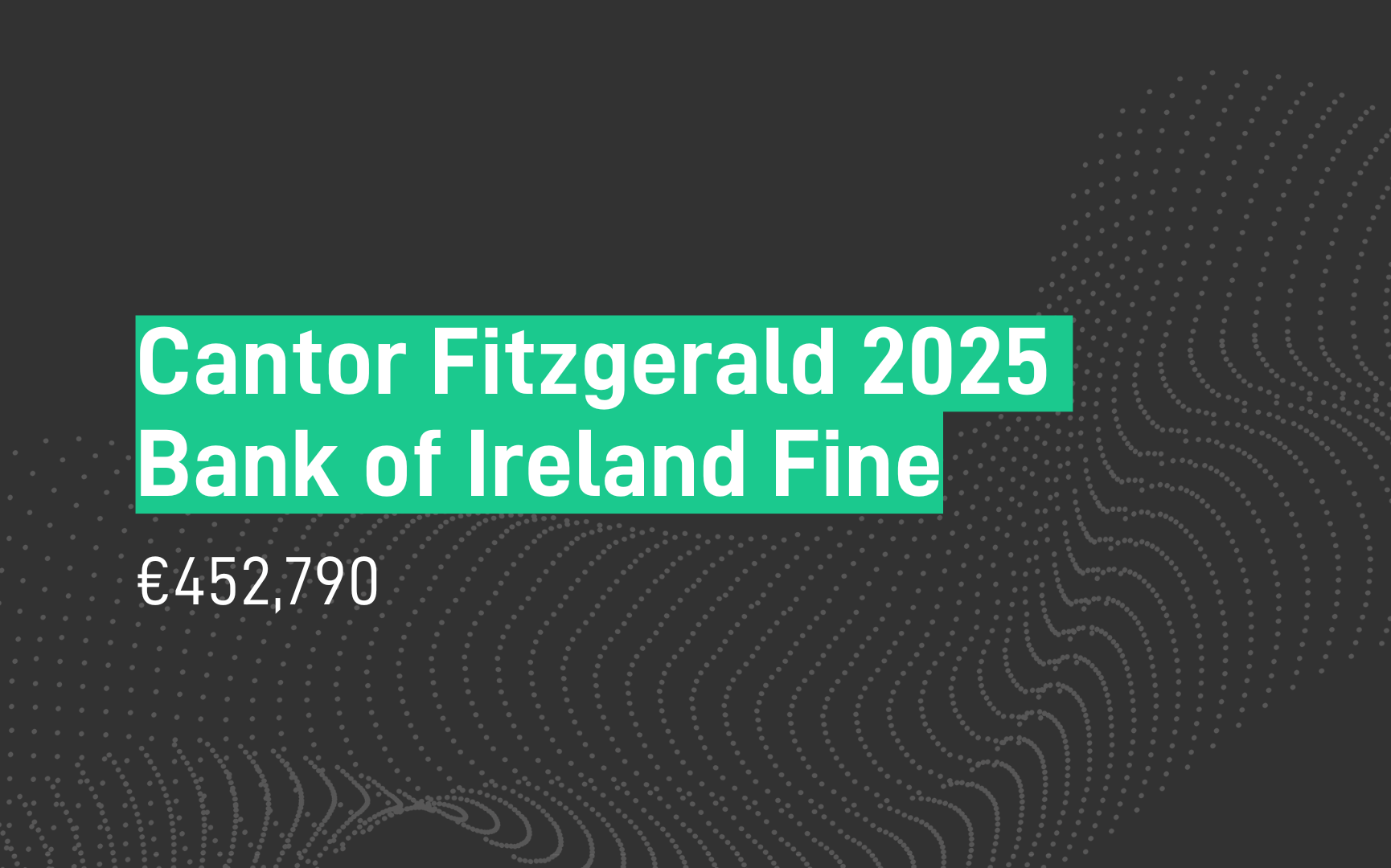After years of speculation over what UK financial services regulation will look like post-Brexit, we have seen the first sign of divergence between the UK and EU – indicating perhaps a direction of travel for future negotiations.

WHAT WE KNOW SO FAR
In June, it was announced by the government that the UK will not implement the fourth phase of Securities Financing Transactions Regulation (SFTR) (due to apply in the EU from January 2021).
In what is seen as a sign of things to come, Rishi Sunak, The Chancellor of the Exchequer, explained that the UK will “exercise its discretion” when implementing EU regulations that will not have come into force by the time the Brexit transition period ends (31 December 2020).
This is providing some clarity around the UK’s position on European regulations and is beginning to give us a better understanding of the rules which may govern the UK’s financial services sector after the departure from the EU.
HOW MUCH WILL THE UK DIVERGE FROM THE EU?
Both the UK and EU have been concerned about negotiations and the possibility of them becoming politicised. As a result, there has thus far been a mutual understanding that maintaining the benefits of open access will require continued consultation and trust.
There is no disputing that EU negotiators want the UK to retain as much of the EU directives and regulations as possible, concerned that too many changes will disadvantage EU market players. However, whilst the UK wants to maintain its equivalence (which is what allows UK financial firms to passport into the EU and trade with EU counterparties), it does not mean that Britain must align with all EU rules on financial services, as we have seen with SFTR. In fact, UK rule makers have expressed a desire to adjust the way certain regulations apply to for example smaller financial institutions to encourage competition and innovation.
However, when speculating about how much will change, let us not forget that the UK has been a key influencer in shaping EU legislation and regulations surrounding conduct and financial stability, and as a result, are unlikely to change anything fundamental.
On the contrary, many believe that rules will tighten once the UK has left the EU, evident from the government’s proposal to impose super-equivalence after the transition period. And if we look at supervisory requirements imposed on financial firms in the UK today, these go further than current European guidance.
LOOKING AHEAD
The developments over the next few years will be of critical importance for financial institutions. Firms are likely to face considerable uncertainty, complexity and cost as the UK regulatory landscape adjusts post-Brexit and as further divergence in regulatory and supervisory approaches between the UK and the EU inevitably emerge.
There are also more immediate questions about whether the UK will implement or mirror new or changed EU regulation during 2020 and 2021, with SFTR being the first sign of divergence. Whilst it is without doubt that the UK financial regulation will be different in the post-Brexit transition world, scheduled to begin in January 2021, how different remains to be seen.
As financial firms plan for divergence, technology presents a number of solutions. At this point perhaps the most important consideration is the flexibility of RegTech technology and how easily it can evolve with the upcoming regulatory changes.
 CHANGES TO MIFIR AND EMIR REPORTING POST BREXIT
CHANGES TO MIFIR AND EMIR REPORTING POST BREXIT
Now that we have seen the first sign of divergence between UK and EU rules, we are beginning to get a clearer idea of what UK financial regulation will look like post-Brexit. But what will happen to the reporting rules?
SteelEye is a trusted compliance platform for MiFID II, EMIR, Dodd-Frank, MAR, SMCR & more. Established to reduce the complexity and cost of financial compliance, SteelEye enables firms globally to manage their regulatory obligations through a single platform.
By building a single, unified and holistic dataset for its clients and enabling them to leverage this for multiple regulatory needs, SteelEye mitigates the impact of Brexit. For transaction reporting, SteelEye is integrated with to both EU and UK Approved Reporting Mechanisms and Trade Repositories. This enables firms to use the same set of data to automatically meet their EU and UK transaction reporting obligations under EMIR and MiFIR.


.jpg)









